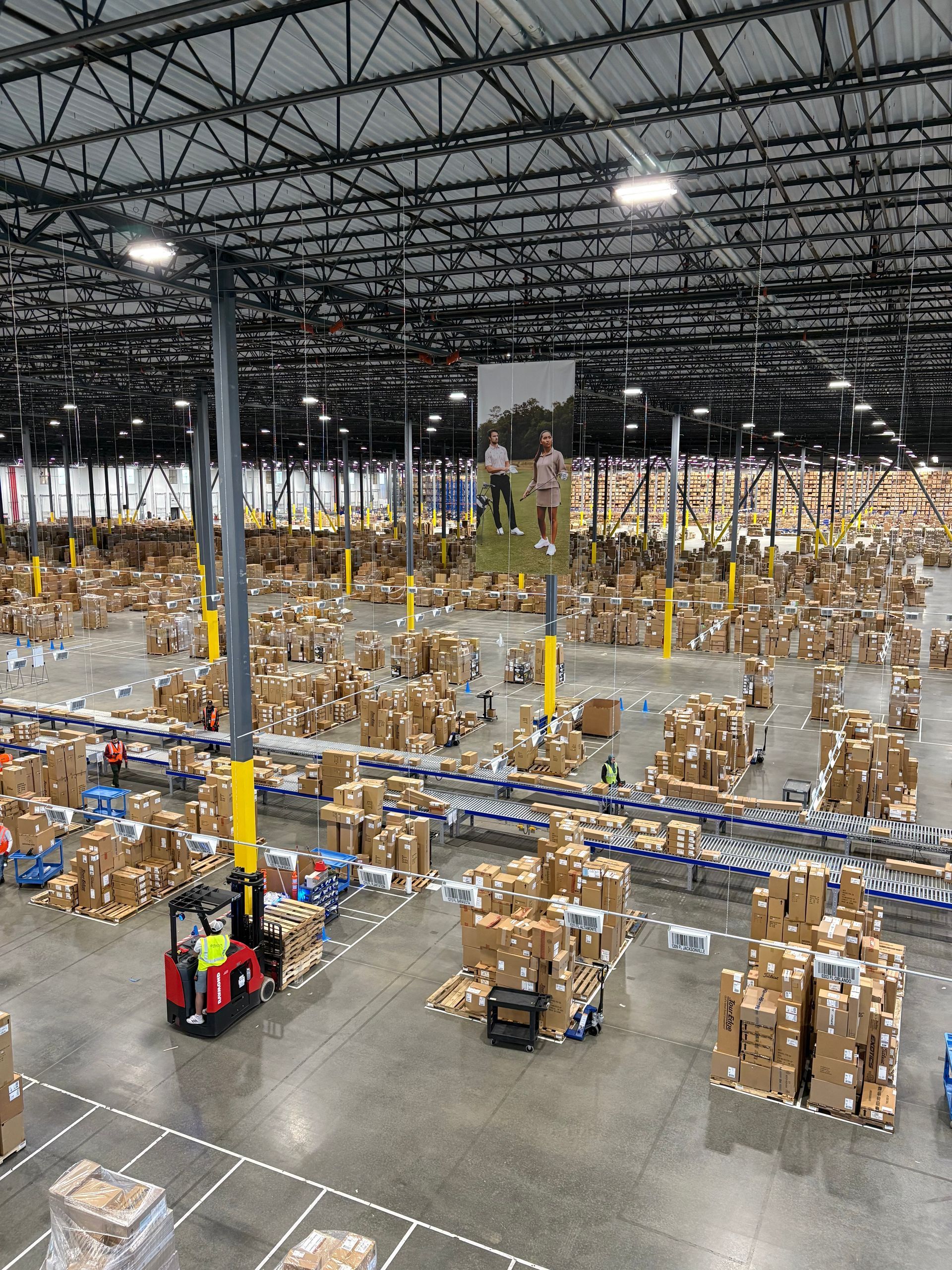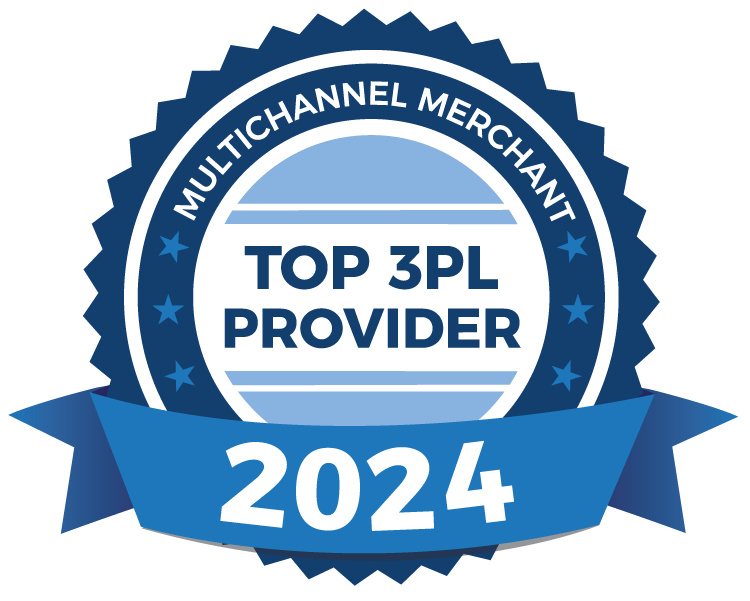Mastering B2B Fulfillment: A Guide to Streamlining Your Supply Chain
B2C e-commerce may lead in popularity, but B2B is quickly gaining importance. According to Statista, B2B e-commerce is projected to exceed $3 billion in sales by 2027, highlighting its growing omnichannel capabilities.
Unlike direct-to-consumer models, B2B fulfillment has its own complexities, from larger order volumes to stricter delivery timelines. In this post, we’ll explore B2B fulfillment, how to source the right provider for your e-commerce business and how to choose the ideal partner to meet your growing needs.
What Is B2B Fulfillment?
B2B fulfillment refers to managing and delivering goods from one business to another. Unlike B2C fulfillment, which typically involves smaller orders shipped to individual customers, B2B fulfillment handles bulk orders with specific requirements, such as:
- Large quantities of products
- Custom packaging or labeling
- Coordinated delivery schedules
- Specialized shipping methods (e.g., freight or pallets)
B2B fulfillment often requires strict compliance with contractual agreements, making accuracy, efficiency and reliability critical to success.
The Key Components of B2B Fulfillment
1. Order Processing
B2B orders are often more complex than B2C orders. They may involve multiple SKUs, custom configurations, or specific delivery instructions. Streamlined order processing ensures accuracy and efficiency.
2. Inventory Management
Effective inventory management is vital for meeting B2B demands. Real-time inventory tracking and forecasting help ensure the right products are available when needed.
3. Warehousing
Warehousing for B2B fulfillment requires sufficient space for large volumes and tailored processes, such as palletization or staging for bulk shipments.
4.Shipping & Delivery
B2B shipping often involves freight carriers, strict delivery windows and specialized handling requirements. Timely, accurate delivery is essential for maintaining client relationships.
5. Returns Management
Efficient handling of returns and exchanges is just as important in B2B as in B2C, especially when dealing with high-value goods or large orders.
How to Get B2B Fulfillment Right
1. Partner with a Reliable 3PL Provider
A reliable third-party logistics (3PL) provider like Barrett can streamline your B2B fulfillment operations. With over 80 years of expertise, Barrett offers comprehensive solutions, including bulk shipping, custom logistics strategies, and regulatory compliance, ensuring your supply chain operates efficiently and effectively.
2. Invest in Technology
Technology is the foundation of efficient B2B fulfillment. Implement tools like inventory management software, real-time tracking and data analytics to improve visibility and decision-making.
3. Prioritize Accuracy and Compliance
In B2B fulfillment, even minor errors can have significant consequences. Focus on accuracy throughout your processes, from order picking to labeling, and ensure compliance with industry regulations and client contracts.
4. Enhance Communication and Transparency
Clear, proactive communication is essential for maintaining strong B2B relationships. Provide clients with real-time updates on order status and delivery schedules.
5. Adapt to Customer Needs
Flexibility is critical in B2B fulfillment. Whether a client needs custom packaging, a special delivery window, or last-minute order changes, adaptability helps build trust and long-term partnerships.
Why B2B Fulfillment Matters
Getting B2B fulfillment right isn’t just about meeting operational needs—it’s about creating value for your clients. Reliable fulfillment helps businesses:
- Reduce supply chain disruptions
- Improve operational efficiency
- Build stronger client relationships
- Support scalability and growth
Barrett Distribution: Your Partner for B2B Fulfillment
At Barrett, we understand the complexities of B2B logistics. Our tailored solutions help businesses streamline their fulfillment processes, improve efficiency and meet the unique demands of your clients. From warehousing and inventory management to shipping and returns, we’re here to support your B2B journey.
Ready to optimize your B2B fulfillment strategy? Contact us today to learn how Barrett can help your B2B business thrive.
Recent Blog Posts







